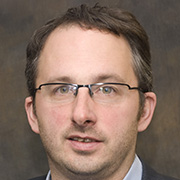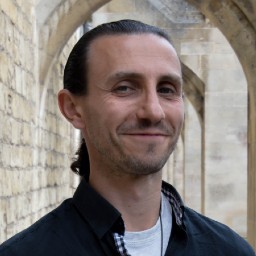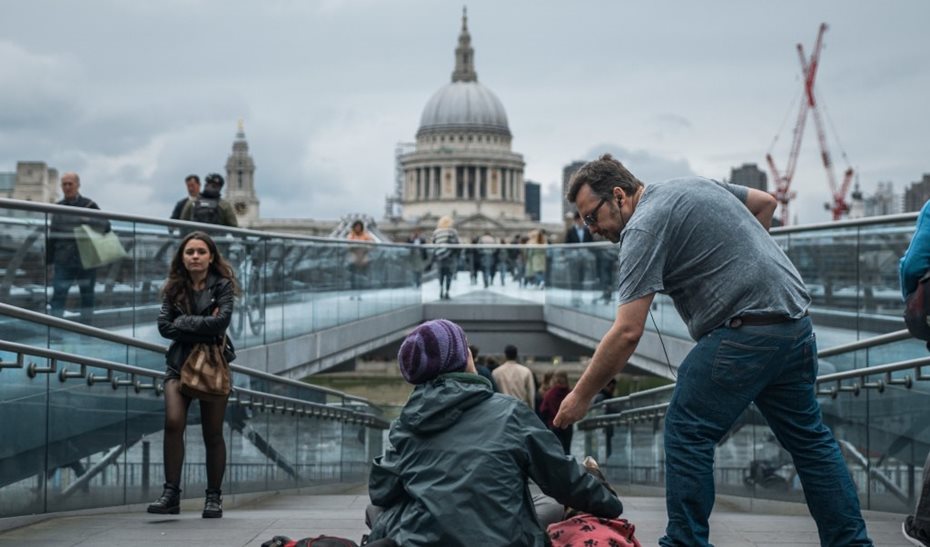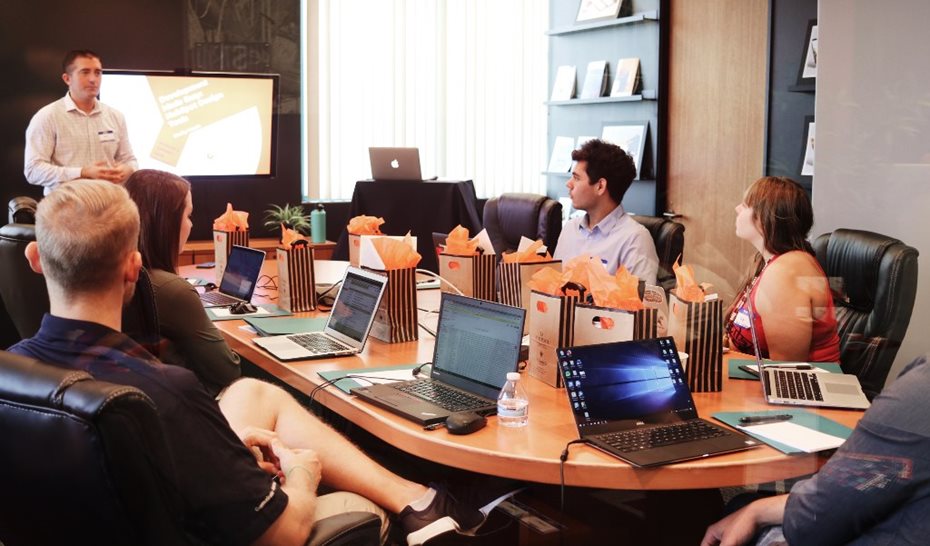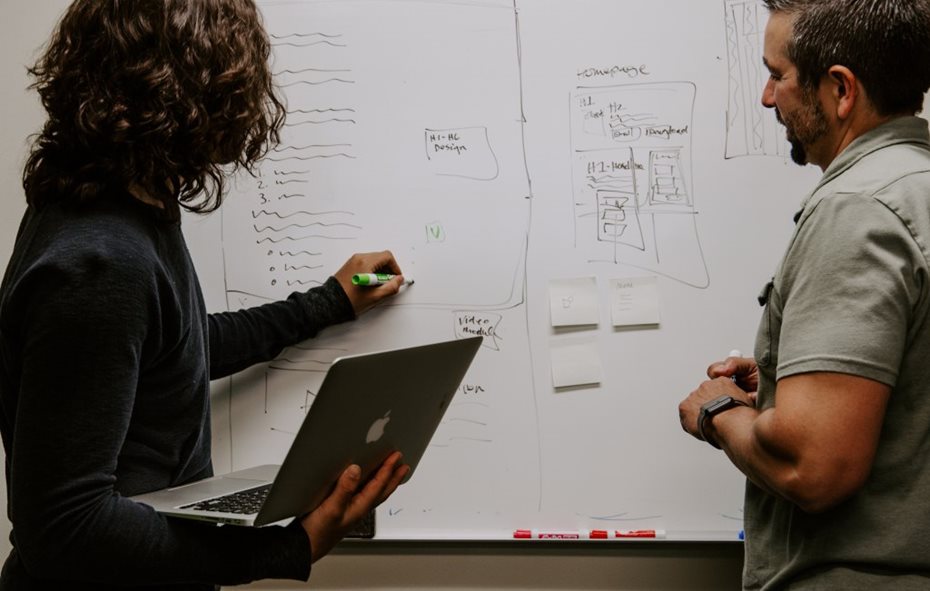|
Refugee entrepreneurship and integration: A multiple embeddedness approach
This project takes a holistic approach by drawing on the concept of multiple embeddedness to explore the experiences of refugee entrepreneurs at the home, host and transnational contextual levels. While the existing literature focused on the experiences of refugees in their host countries, limited research has explored the role of their home and transnational contexts. We will be looking at refugees' motivation to start businesses, what challenges they faced/still face while operating their businesses, how their experiences of conflict and displacement shaped their entrepreneurial behaviour, do they have any social/human capital in their home country or elsewhere that support them and their business, and how their business supports their integration. This research will have practical implications by giving voice to refugee entrepreneurs who are able to inform support measures that fit their needs. Funded by BA/Leverhulme Small Research Grants: £9,836 (2022-2024).
|
Dr Doaa Althalathini
|
British Academy/Leverhulme Small Research Grants
|
From: October 2022
Until: June 2024 |
|
Leadership, Language and Translating Meaning through Visual Methods
This project aims to strengthen cultural voices in leadership research in order to challenge the dominance of English labels and concepts across the globe. Taking a multilingual approach and paying attention to language and translation is of great importance for robust qualitative research and theorising, and awareness should be raised amongst PhD students, early career and experienced researchers. Through this work we aim to build an active community of cultural leadership and management scholars with a particular interest in the translation of leadership and management concepts and practices across languages and cultures. The project is carried out in collaboration with Prof. Gareth Edwards (PI, UWE), Dr Harriet Shortt (UWE) and Prof. Doris Schedtliztki (London Metropolitan University). Funded by the British Academy of Management and the Society for the Advancement of Management Studies (£145,098 , funding amount received by Brookes: £17,996).
|
Dr Sylwia Ciuk
|
British Academy of Management, Society for the Advancement of Management Studies
|
From: January 2022
Until: December 2023 |
|
Lockdown Stories/ Local Heritage and Sustainability
The project initiated collaboration with community tourism providers and local heritage projects in favelas in Rio de Janeiro to respond to a significant drop in numbers of tourists visiting their projects since Covid-19. Lockdown Stories (hyperlink: http://lockdownstories.travel) has resulted in a virtual tourism platform, helping to move some of their tourism provision online. The project, funded by Research England Global Challenges Research Fund, continues with a new AHRC Research Network Grant with a focus on Local Heritage and Sustainability, and how to promote reflection and sharing within and across communities with partners in Brazil, Mozambique and Malaysia. (2021-2024)
|
Professor Fabian Frenzel
|
Research England Global Challenges Research Fund
|
From: January 2021
Until: January 2024 |
|
Identity Work, Ethics and AI at Work
Research on the ethics of Artificial Intelligence (AI) now constitutes a major field of inquiry within academia that calls for interdisciplinary cooperation. The objective of this study is to interview academics working on AI projects to better understand their perspectives on AI and ethics; what ethical considerations are deemed most important and why; how does someone’s academic discipline and previous research impact their views; what are the important questions that they are asking; what parameters for ethics in AI should we consider in relation to business, education and society; what tensions emerge between academic disciplines; what are the power and identity relations; are any voices marginalised; what misgivings do people share? We anticipate that participants will problematize certain ethical issues within AI that we expect to offer materials of interest to publishers in international refereed journals.
|
Dr Guy Huber, Professor David Knights
|
British Academy/Leverhulme Small Research Grants
|
From: September 0202
Until: June 2024 |
|
Mission-based collaboration and its impact on nonprofit brands
This research investigates the impact of balancing the need for strong NPO brands and desire for collaboration. It identifies the phenomenon of mission-based collaboration (‘intra-sector), extending the literature beyond inter-sector collaboration. It challenges the historic understanding of collaboration through resource theory, offering an alternative perspective focusing on understanding the complex relationship between individual NPO and collaboration brands. The study adopts a thematic approach, contributing to theory and practice through identifying best practice for maximum societal benefit.
|
Dr Sarah-Louise Mitchell
|
British Academy/Leverhulme Small Research Grants
|
From: January 2020
Until: December 2023 |
|
Representations of Colonial Landscapes in Irish Tourist Attractions
The project joins debates on practices of decoloniality in an attempt to understand the role that tourist attractions play in the propagation or negation of the Irish colonial landscape. For this reason, 6 Irish tourist attractions were specifically analysed, exploring how heritage-landscapes are produced for consumption; what stories they tell and the means through which they are told. The project has also led to the co-creation of a digital StoryMap. This is a collaboration with Valentina Albanese (PI), University of Insubria & Theresa Ryan, Technological University of Dublin.
|
Dr Giulia Rossetti
|
Italian Geographical Society, University of Insubria
|
From: September 2022
Until: August 2023 |
|
Pathways to organisational inclusion in hybrid working
Hybrid working practices, combining office-based and virtual work arrangements, have become increasingly common since the Covid-19 pandemic, yet their implications on key organisational processes, such as organisational inclusion of newcomers, are yet to be explored. The study addresses the urgent need to deepen our understanding of pathways to organisational inclusion of home and international hybrid working graduates and organisational practices which foster and hamper this process. To achieve this aim, this study uses a combination of in-depth interviews with an innovative multisensory research methodology - Multimodal Experiential Mapping. The study is carried out in collaboration with Dr Harriet Shortt (UWE) and is funded by British Academy/Leverhulme Small Research Grants, amount received by Brookes: £9,633.
|
Dr Sylwia Ciuk
|
British Academy/Leverhulme Small Research Grants
|
From: January 2023
Until: December 2024 |
|
Digital Well-Being Coach for Students
The project aims to develop an artificial intelligence-based application (Mind Tutor), which will help students pursue their educational goals in a way that maintains, or even increases, their well-being during their first year of study. The AI application will be available to students alongside their on-line learning materials. It will provide an easily accessible mechanism for students to obtain resources to assist them with the setting of study goals and mindfulness exercises that promote good mental health. In addition to that it will provide access to relevant university-specific content of well-being support and if necessary (and where possible) connect them directly to well-being services within the university (In collaboration with Syndeo and London Metropolitan University). Funder: Innovate UK Smart Grants (Total: £212,323, amount granted to Oxford Broookes: £31,482).
|
Dr Christian Ehrlich
|
Innovate UK Smart Grants
|
From: January 2023
Until: December 2023 |
|
Student Intraprenuer & Entrepreneur (SIE) and Community of Practice (CoP)
This project aims to deliver a toolkit to enhance the wider-scale impact of work-based learners on global issues. The project builds on wider-scale drivers and initiatives towards impactful learning and research, which is applicable across the sector in various contexts. In addition to the practical resources, which will be available to the sector, the project team will develop an inter-institutional SIE mentorship programme to support communities of practice which will help solve national and global problems (in collaboration with Liverpool John Moores University and University of Chester).
|
Dr Simon Smith
|
QAA, Collaborative Enhancement Projects
|
From: January 2023
Until: January 2025 |



